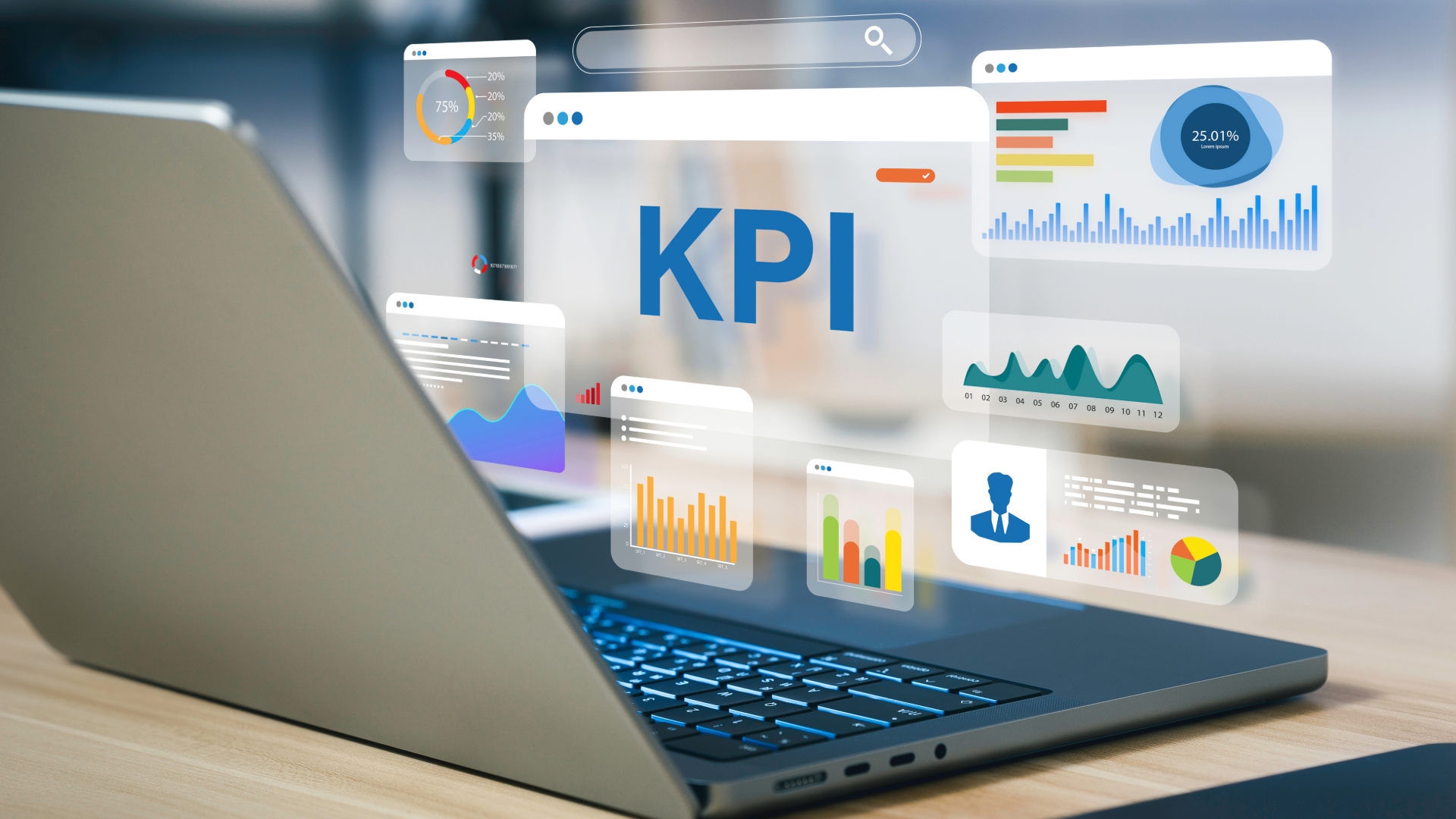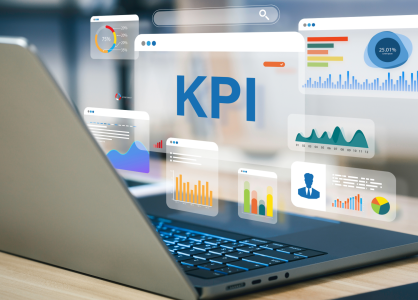The Importance of KPIs in Governance: Measuring Success and Accountability
Key Performance Indicators (KPIs) are an essential component of effective governance, providing a clear, measurable way to track progress, evaluate success, and ensure accountability within organizations. When integrated into a governance framework, KPIs offer leaders and stakeholders insight into whether an organization’s actions align with its strategic goals and regulatory requirements. By defining, monitoring, and analyzing these metrics, organizations can make data-driven decisions, identify areas for improvement, and foster a culture of continuous growth.
The Role of KPIs in Governance
KPIs serve as quantitative benchmarks that help governance teams measure performance against specific objectives. In a governance context, they are not merely about tracking performance but ensuring that an organization adheres to established standards, regulations, and ethical guidelines. KPIs provide visibility into organizational performance across various areas, such as compliance, financial health, operational efficiency, and stakeholder satisfaction. This oversight helps governance bodies maintain control, spot potential risks, and take timely corrective actions.
KPIs Drive Accountability and Transparency
KPIs enhance accountability by establishing clear expectations for performance. When organizations set measurable targets, teams and individuals understand what they are accountable for and can track their progress toward these goals. In governance, accountability is crucial, as it ensures that all levels of the organization are working toward aligned objectives. Regularly monitoring KPIs and sharing results with stakeholders also promotes transparency, allowing stakeholders to stay informed about an organization’s progress and adherence to its governance standards.
Facilitating Decision-Making with Real-Time Data
One of the core benefits of KPIs within governance is their ability to provide real-time data, enabling leaders to make informed decisions based on current performance. This data-driven approach helps governance bodies respond to changes, manage risks, and adapt to new regulatory environments more effectively. By analyzing KPI data, organizations can pinpoint issues before they escalate and make adjustments that align with strategic goals and compliance requirements.
Encouraging Continuous Improvement
KPIs support a culture of continuous improvement by encouraging organizations to set and revisit performance goals regularly. When KPIs reveal underperformance, governance teams can take corrective actions, implementing improvements to enhance efficiency and compliance. This iterative process helps organizations not only meet their current objectives but also set higher standards over time, fostering growth and adaptability.
Ensuring Compliance and Risk Management
In sectors with strict regulatory requirements, KPIs serve as a tool for compliance monitoring. Governance frameworks often require organizations to meet specific regulatory standards, and KPIs provide a way to measure adherence to these rules. For example, a KPI related to data security might measure the frequency of security audits or the response time to incidents, helping the governance team stay on top of compliance issues. Additionally, KPIs assist in risk management by identifying areas of vulnerability that require proactive measures, ensuring that organizations remain resilient in the face of challenges.
How Governancepedia Supports Effective KPI Implementation
At Governancepedia, we understand the pivotal role that KPIs play in maintaining strong governance practices. Our platform provides resources, expert insights, and tools to help organizations develop, track, and optimize their KPIs for effective governance. Whether you’re looking to establish benchmarks, improve compliance, or enhance transparency, Governancepedia is here to support you with the knowledge and community connections you need to strengthen your governance processes. Join us on Governancepedia to learn more about building a governance framework that drives accountability, transparency, and sustainable success.

